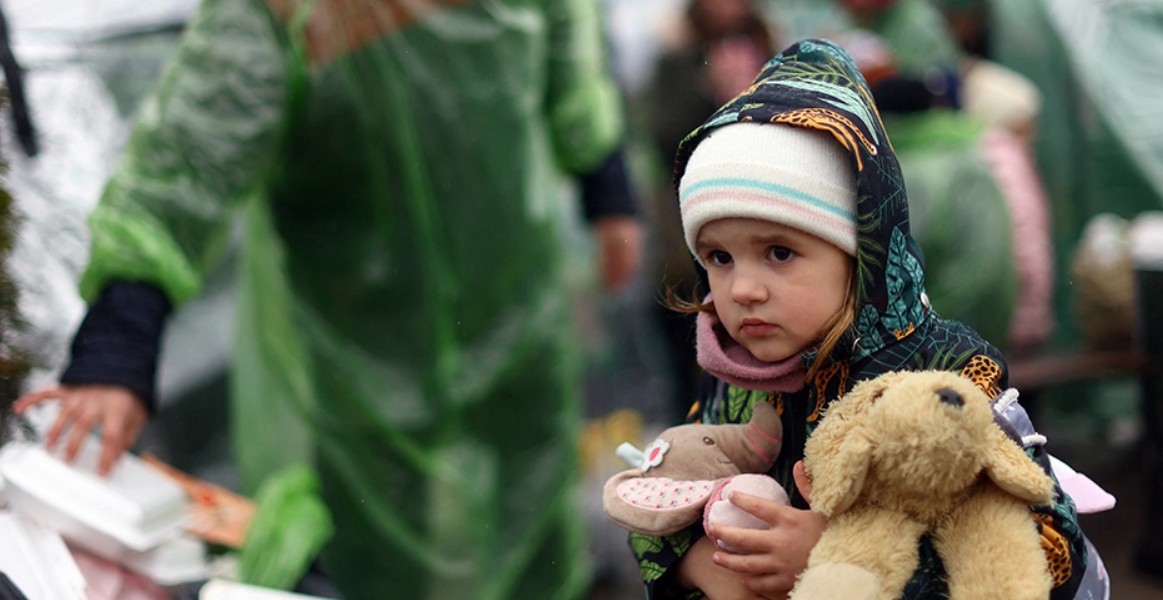Compared to other European countries, Greece has the most “child-friendly” justice system.
Despite the fact that in previous years Greece did not pay due attention to this aspect, in recent years the country has made great progress in this direction, writes newsbeast.gr.
Deputy Minister of Justice Georgios Kotsiras, based on the EU 2022 indicators, notes that Greece is firmly in the lead in all indicators related to “child-friendly justice”. The ministry’s written document highlights actions in this direction (verbatim):
“The development and implementation of a national action plan on children’s rights has been completed and the implementation of the national action plan on children’s rights has been completed, the priority areas of which are, in particular, child-friendly justice.
Recent amendments to the Criminal and Criminal Procedure Codes provide additional protection to victims of crime and in particular to the most vulnerable of them, such as minors.
The “House of the Child” began to function – a specially designed room for conversations with children to take place in a special, friendly environment for minors.
The new legal framework of the National Judiciary School (Law 4871/2021) and its compulsory curriculum included for the first time the rights of minors and the principles of child-friendly justice.
A special section “Child Friendly Justice” has been added to the official website of the Ministry of Justice, which is constantly updated to provide information about the justice system.
Initiatives are being taken to further strengthen children’s participation in decision-making, based on Article 12 of the International Convention on the Rights of the Child. The Ministry of Justice took part in the initiative of the Council of Europe on the topics “Consultations with children in the process of creating a new Council of Europe” and “Children’s rights strategy (2022-2027)” dedicated to child-friendly justice.
The Ministry of Justice participated in the consortium of the project “Justice closer to children and their families”, which is directly funded by the European Commission and aims to implement Directive 2016/800 on procedural guarantees for children suspected or accused in criminal proceedings.”

